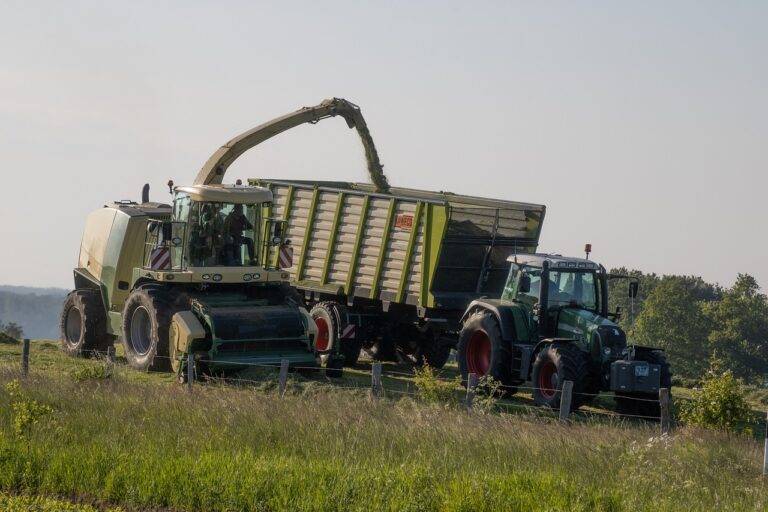The Role of Building Materials in Urban Farming Infrastructure: 99 exch sign up, Lotus 365.io, Play exch.in
99 exch sign up, lotus 365.io, play exch.in: Urban farming has become increasingly popular in cities around the world as a way to provide fresh, locally grown produce to urban residents. Building materials play a crucial role in creating the infrastructure needed for successful urban farming initiatives. From rooftop gardens to vertical farms, the type of materials used can have a significant impact on the effectiveness and sustainability of these projects.
Maximizing Space with Vertical Farms
One of the most innovative urban farming techniques is vertical farming, where crops are grown in vertically stacked layers. This allows farmers to maximize limited urban space and produce a high yield in a small footprint. Building materials for vertical farms need to be lightweight yet sturdy, as well as designed to support the weight of the plants and irrigation systems. Materials such as steel frames and polycarbonate panels are commonly used in vertical farming structures.
Creating Rooftop Gardens
Rooftop gardens are another popular form of urban farming, especially in densely populated cities where open land is scarce. The materials used for rooftop gardens need to be weather-resistant, lightweight, and able to support the weight of the soil and plants. Many rooftop gardens use materials such as recycled plastic containers, wooden pallets, and waterproof membranes to create a sustainable and productive growing space.
Promoting Sustainability with Greenhouses
Greenhouses are essential for urban farming projects that require a controlled environment for growing crops year-round. Building materials for greenhouses should be energy-efficient, durable, and allow for plenty of natural light. Materials such as insulated glass, polycarbonate panels, and aluminum frames are commonly used in greenhouse construction to promote sustainability and maximize crop yields.
FAQs
1. What are the benefits of using sustainable building materials in urban farming infrastructure?
Using sustainable building materials in urban farming infrastructure helps reduce environmental impact, promote resource conservation, and create a healthier growing environment for plants and farmers.
2. How can building materials affect the efficiency of urban farming projects?
The type of building materials used in urban farming projects can affect factors such as crop yield, energy consumption, and overall sustainability. Choosing the right materials can help maximize efficiency and productivity.
3. Are there any regulations or guidelines for using building materials in urban farming?
Local building codes and regulations may dictate the types of materials that can be used in urban farming infrastructure. It’s important to consult with city officials and building professionals to ensure compliance with all relevant guidelines.
In conclusion, building materials play a crucial role in the success of urban farming infrastructure. By choosing sustainable, durable, and efficient materials, urban farmers can create productive growing spaces that benefit both the environment and the community. Whether it’s a rooftop garden, vertical farm, or greenhouse, the right materials can make all the difference in the success of urban farming projects.







